The defence triangle of the South Caucasus Ankara, Baku, and Tbilisi strengthen military cooperation
On October 9, 2025, Ankara hosted the 12th trilateral meeting of the defence ministers of Azerbaijan, Georgia, and Türkiye — Zakir Hasanov, Irakli Chikovani, and Yaşar Güler. The ministers discussed the military-political situation in the region, the development of trilateral military cooperation, the security of regional projects, and new prospects for collaboration in the military, military-technical, military-educational, and military-medical spheres.
The meeting particularly emphasised that trilateral defence cooperation plays an important role in ensuring peace, stability, and security in the region, as well as in promoting sustainable development and the well-being of the peoples.
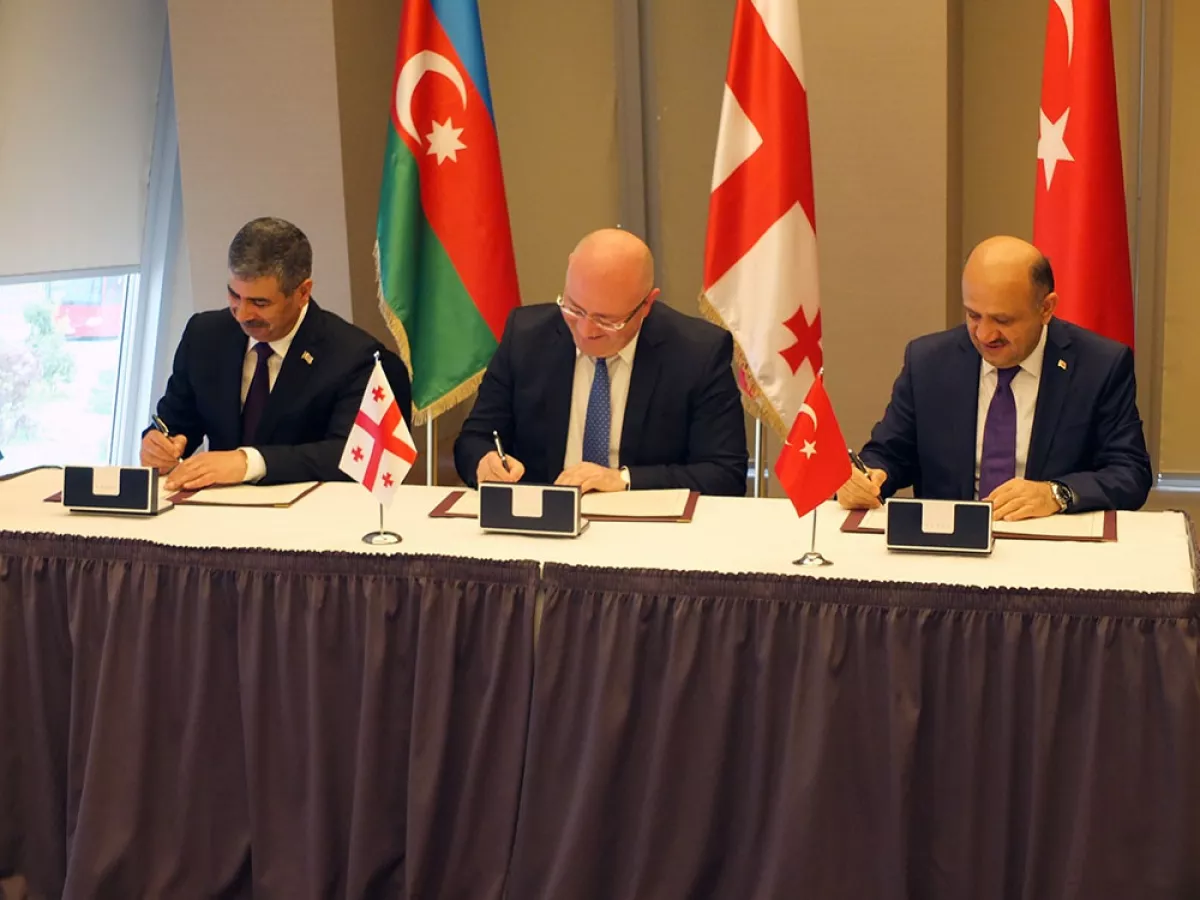
This latest trilateral meeting in Ankara clearly went beyond a mere protocol event. It was preceded by intensive engagement between the defence institutions of Azerbaijan and Georgia. On October 8, 2025, Azerbaijan’s Ministry of Defence reported a visit by a Georgian delegation to Baku, during which the sides exchanged experience in the use of unmanned aerial vehicles. On the same day, Georgia’s Ministry of Defence announced a visit by an Azerbaijani delegation to Tbilisi, where the parties agreed to further deepen cooperation in the field of cybersecurity.
Azerbaijan and Georgia are actively cooperating in areas most relevant to modern warfare and the “wars of the future.” Drones are beginning to dominate the battlefield, and, according to military experts, the use of artificial intelligence will soon fundamentally transform the nature of warfare.
As military operations rapidly expand into cyberspace, the importance of ensuring the security of information systems is steadily increasing.
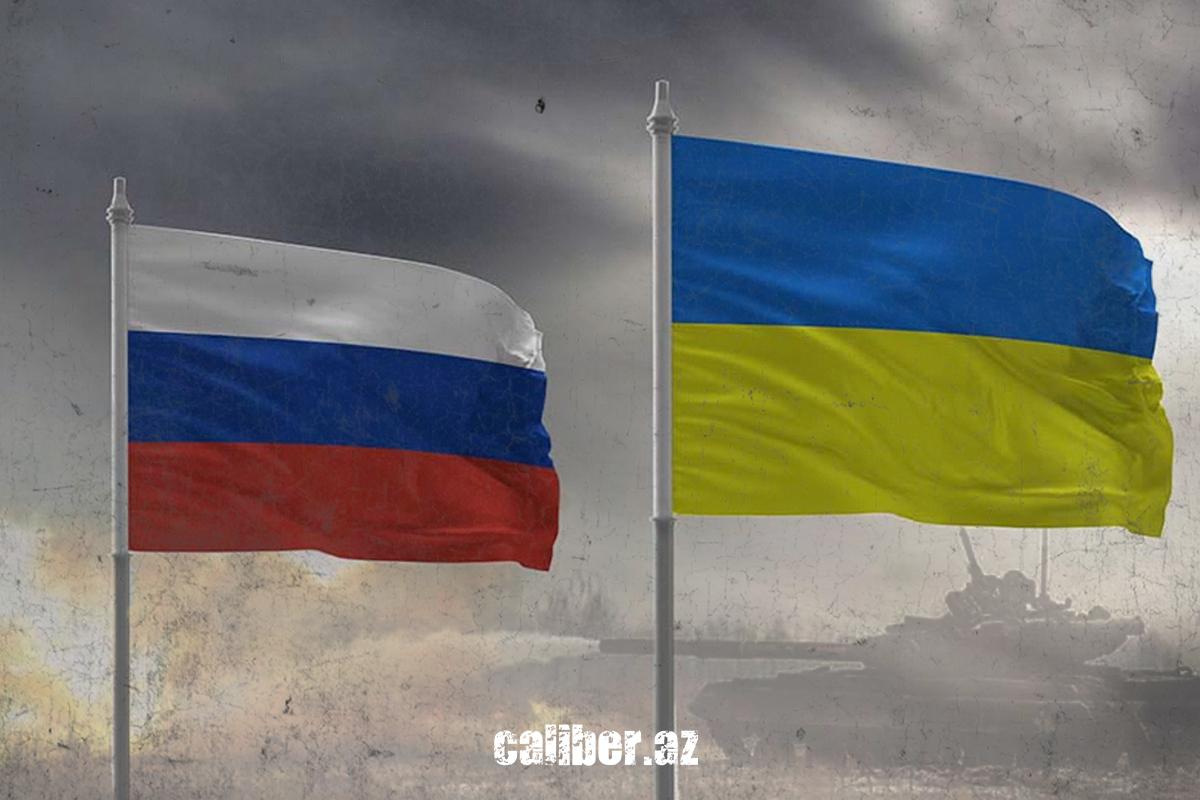
The conflict on the Russia–Ukraine front has already demonstrated that tanks, other armoured vehicles, manned aircraft, and warships are rapidly losing their relevance, increasingly becoming expensive piles of scrap metal. Yet until recently, military forces — including in many NATO countries — relied heavily on this “weaponry of past wars” and the strategies built around them.
The intensifying global instability and the rapid evolution of warfare present Georgia with new challenges. The country must enhance both its defence capabilities and its strategic approach. Georgia requires the latest weaponry — from advanced drones to effective countermeasures against them. Even as the country has prepared for NATO membership and the transition to alliance standards, it has long focused on costly legacy military hardware, whose effectiveness has sharply declined in an era dominated by unmanned systems.
Georgia’s strategic location makes these concerns even more acute. Positioned along the Middle Corridor and as the only South Caucasus country with access to the global ocean, Georgia is particularly vulnerable. The country’s leadership cannot ignore the growing number of “unknown drones” appearing in European airspace and over strategic sites, often in provocative circumstances. The risk of sabotage using advanced technologies targeting the South Caucasus transit infrastructure is significant and must not be underestimated.
At the same time, Georgia is beginning to question some of its military partners who were once regarded as “allies.”
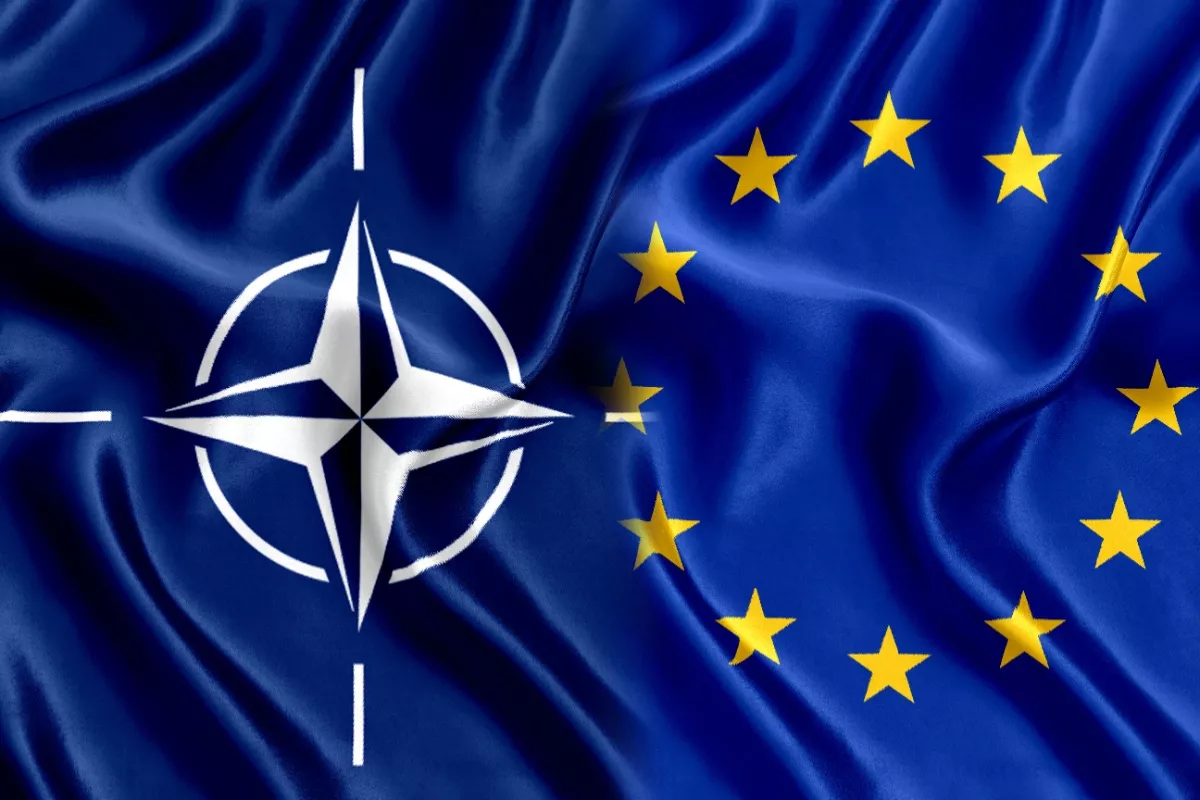
The situation points to near-direct interference by certain EU and NATO countries in Georgia’s internal affairs, including support for attempts at unconstitutional power changes through orchestrated “revolutions” and “Maidan-style” protests. The goal of such interference was explicit — to draw Georgia into a war against Russia by opening a “second front.”
It has become clear that these Western countries provided military assistance to Georgia primarily with the expectation of using the country as “fuel” for a larger war with Russia, without regard for the future of the Georgian people. Georgian politicians were reportedly told, with cynical frankness, that their role would be to fight for 3–4 days and then “go partisan in the forests.” The current Georgian government’s refusal to sacrifice the country for foreign geopolitical interests inevitably has repercussions for its defence sector.
Countries such as Poland, Germany, and the Baltic states, preparing for a likely future conflict with Russia, are actively arming themselves. However, military assistance to Georgia — which does not consent to being “expendable” in such a war — will inevitably be limited by its “European partners.” As a result, many Georgian defence programmes conducted in cooperation with EU countries are already being delayed or may be suspended in the near future.
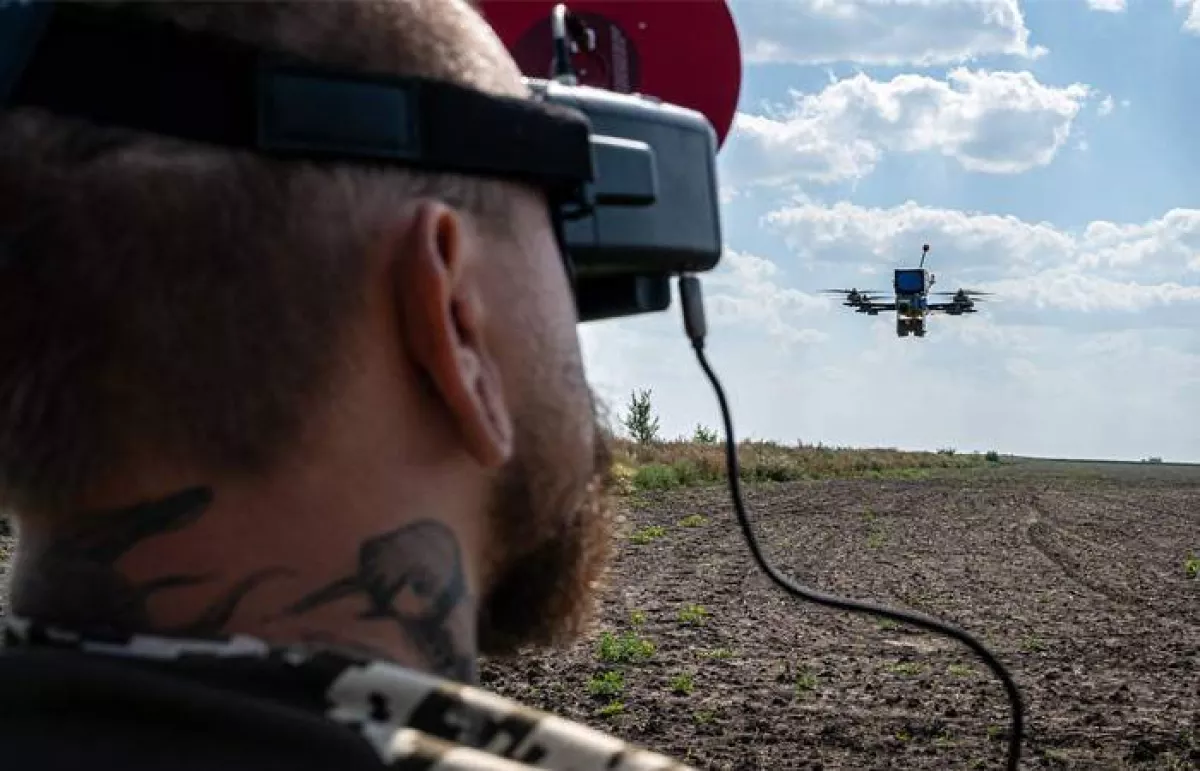
The future of Georgia’s cooperation with Poland in the field of unmanned aerial vehicles (UAVs) remains uncertain. This initiative was actively promoted under former Georgian Defence Minister Juansher Burjuladze, who is currently in custody on corruption charges. With his support, the joint venture DELTA-WB was established, producing drones for the Georgian army that began entering service at the end of 2023. DELTA-WB is the result of a partnership between the Polish defence group WB Electronics SA and the Georgian company Delta International LLC, operating on the premises of the former 31st Aviation Plant in Tbilisi.
Recently, however, relations between Poland and Georgia have deteriorated. Polish authorities openly support Georgia’s pro-Western opposition and its attempts to stage a “revolution.” Poland has already imposed restrictions on Georgian citizens regarding access to its labour market, requiring work permits. Further escalation of tensions between Tbilisi and Warsaw seems likely.
Questions also remain regarding how well the DELTA-WB “Polish-Georgian” drones of the 2023 model meet the rapidly changing conditions of modern battlefields and how easily they can be upgraded. On the Russia–Ukraine front, some UAV models become outdated within just a few months, as opposing forces quickly develop countermeasures.
Poland also provides military aid to Ukraine, but there has been little evidence so far of the exceptional effectiveness of Polish drones on the Ukrainian front, with the notable exception of reconnaissance UAVs like FlyEye, which WB Electronics has recently begun producing in Ukraine.
The situation points to near-direct interference by certain EU and NATO countries in Georgia’s internal affairs, including support for attempts at unconstitutional power changes through orchestrated “revolutions” and “Maidan-style” protests. The goal of such interference was explicit — to draw Georgia into a war against Russia by opening a “second front.”
It has become clear that these Western countries provided military assistance to Georgia primarily with the expectation of using the country as “fuel” for a larger war with Russia, without regard for the future of the Georgian people. Georgian politicians were reportedly told, with cynical frankness, that their role would be to fight for 3–4 days and then “go to the forest with a partisan movement.” The current Georgian government’s refusal to sacrifice the country for foreign geopolitical interests inevitably has repercussions for its defence sector.
Countries such as Poland, Germany, and the Baltic states, preparing for a likely future conflict with Russia, are actively arming themselves. However, military assistance to Georgia — which does not consent to being “expendable” in such a war — will inevitably be limited by its “European partners.” As a result, many Georgian defence programmes conducted in cooperation with EU countries are already being delayed or may be suspended in the near future.
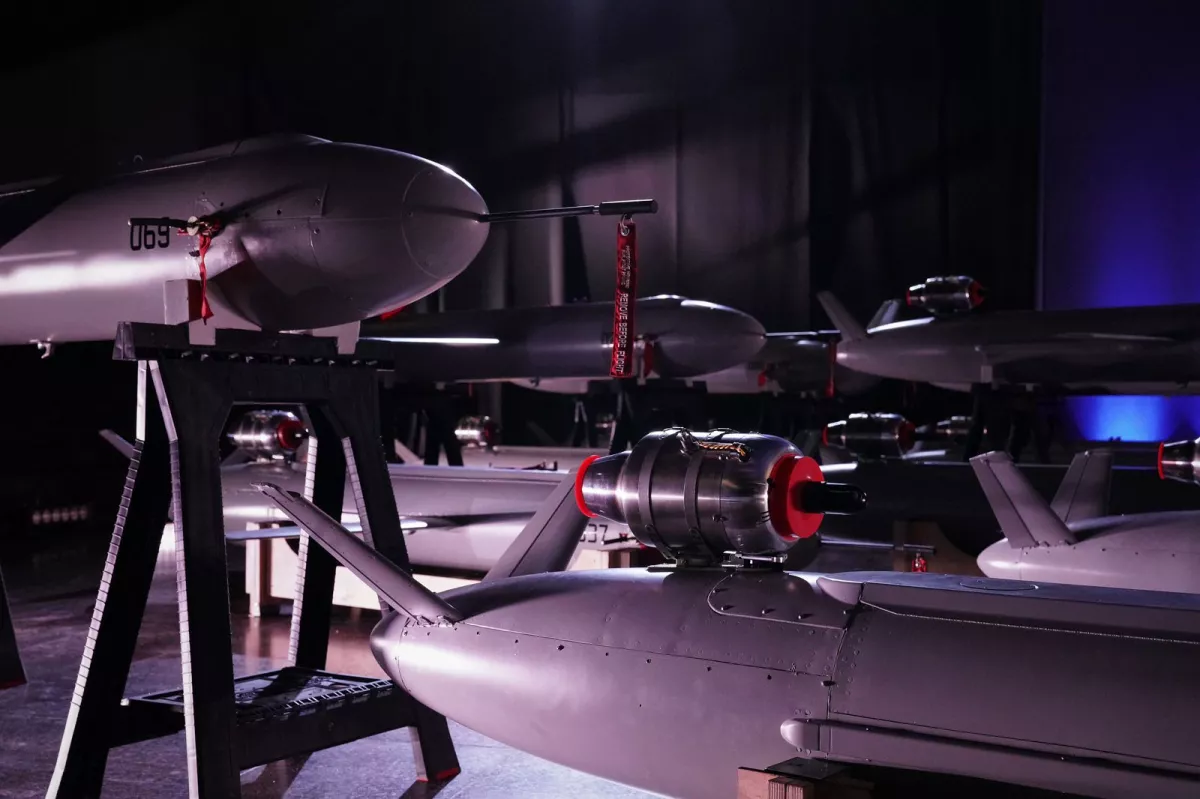
Ukrainian UAV developments are increasingly proving more effective than European counterparts, largely because their upgrades are guided by real battlefield conditions. It remains unclear whether Poland — which openly displays an unfriendly stance toward Tbilisi’s current leadership — will continue assisting Georgia in developing and producing new drones or modernising existing ones. As a result, the Georgian army needs alternatives to Polish UAVs.
Globally, only a few countries can independently design, test, and improve UAVs. Türkiye and Azerbaijan are among them. The effectiveness of Turkish drones has been repeatedly demonstrated in practice. In particular, Bayraktar TB2 drones, produced by Baykar, played a significant role during the 44-day war in Karabakh in 2020, according to military experts. Moreover, cooperation with Türkiye — a NATO member — aligns fully with Georgia’s defence doctrine.
At the same time, prospects for Georgia’s cooperation with France, another NATO member, raise increasing concerns. This is not only because Paris has already chosen its “favourites” in the South Caucasus, supporting Georgia’s radical opposition. France also carries a dangerous tradition of military intervention and the use of its “foreign legion” in the internal affairs of other countries.
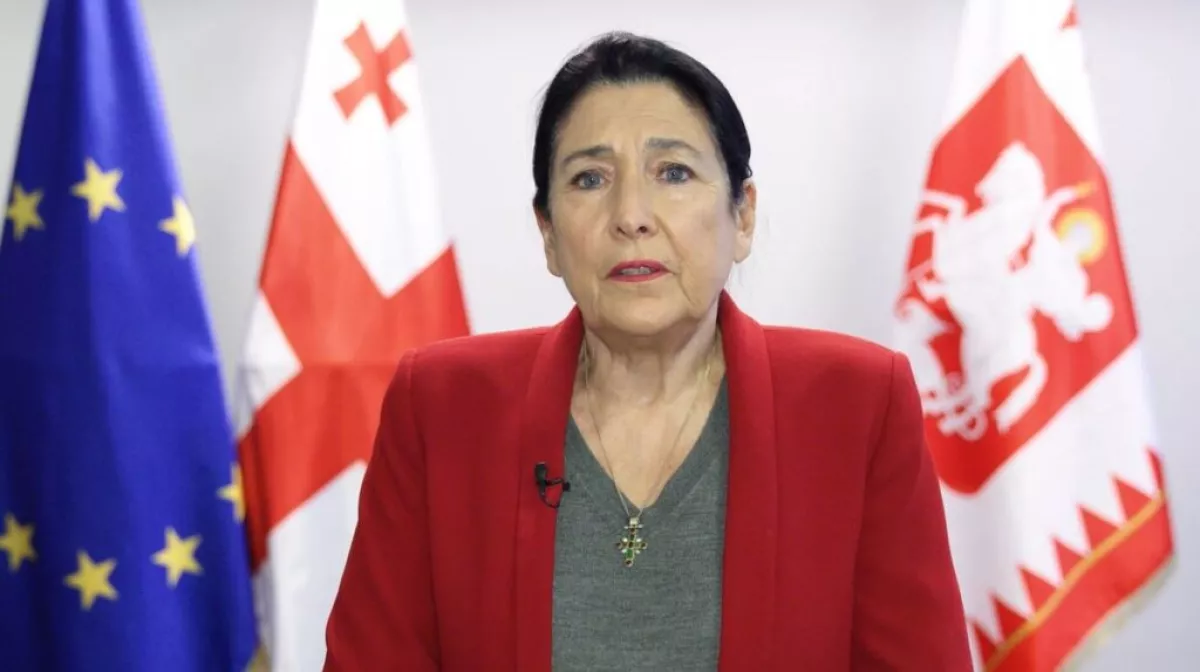
Former French citizen and ex-President of Georgia, Salome Zourabichvili, could speak volumes on this issue. During her tenure at the French embassy in Chad, a military intervention by France coincided with an armed change of power. Chad, of course, was a former French colony, while Georgia never was. Yet there is no guarantee that French policymakers would not resort to their tested methods of direct intervention in Georgia.
Paris and its EU allies have so far failed in attempts to stage a “Maidan” or revolution in Georgia, but they clearly have no intention of leaving a country with such a strategically important location untouched. In these circumstances, Georgia needs military allies committed to maintaining political stability and regional peace.
For this reason, closer defence cooperation with Türkiye and Azerbaijan appears a natural step, serving to strengthen peace and security in the South Caucasus.
By Vladimir Tskhvediani, Georgia, for Caliber.Az








